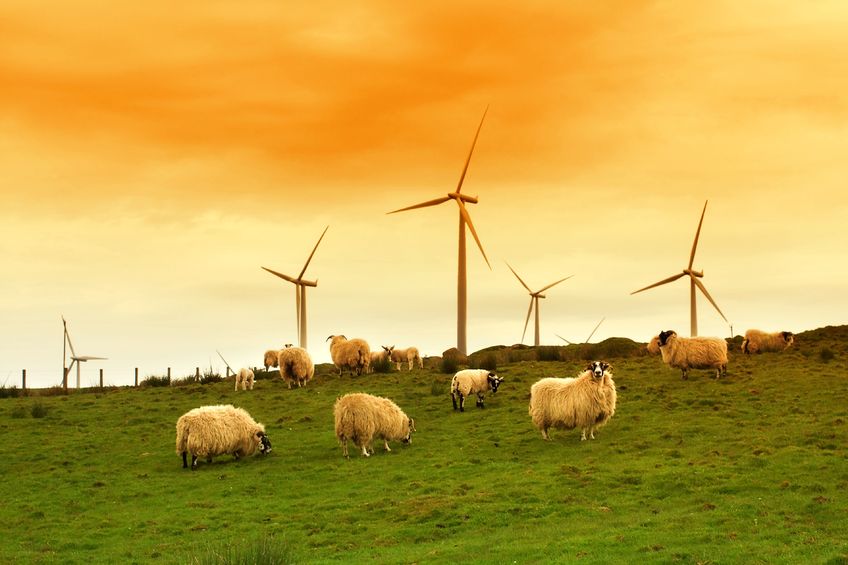
The government is likely to miss its targets for reducing emissions to net zero by 2050, a parliamentary committee has warned today.
The government is also being urged by the House of Lords Industry and Regulators Committee to explain how the transition to net zero will be funded.
The UK has committed to reduce its greenhouse gas emissions to net zero by 2050, while the farming industry is aiming to reach it across England and Wales 10 years earlier.
But peers warn there is 'insufficient policy detail' to incentivise the £50bn a year of investment that will be required every year to transform the UK's energy system.
In a new report, they say that the targets "have not been matched by the policies and the clarity over financial incentives necessary to unlock the substantial private investment needed to fund new energy tech for industrial and domestic use."
Providing greater clarity requires political decisions over the range of options available and their consequences for consumers, taxpayers and security of supply, their new report says, decisions which cut across government and cannot be left to independent regulators.
The Committee calls for the establishment of a new Transformation Taskforce within government, reporting to the Prime Minister and housed within the Cabinet Office.
The taskforce would work across government departments, including the Treasury, to set out a roadmap for the development of energy policies, and act as a coordinator and monitor of progress.
Lord Hollick, Chair of the Committee, said the government 'haven't got a clue' how the UK would reach net zero by 2050, and how it would be paid for.
“We now need urgent action from the government to answer outstanding questions on issues, such as how they will incentivise households to replace gas boilers with heat pumps.
"What plans for the 6 million homes where heat pumps may be unsuitable? What funding mechanisms will be established to encourage investment in small modular nuclear reactors and how the upgrade of our infrastructure to allow the use of hydrogen for heating will be funded?"
"These are basic questions that need to be answered before we will get the investment we need to get to net zero."
What else does the committee's report say?
The Committee concludes that the use of government borrowing is fairer from an intergenerational perspective than requiring all costs to be met by upfront charges, as future taxpayers benefit more from the move to a carbon-free energy system than current billpayers.
Ensuring security of energy supply alongside responding to climate change must remain a key priority for the government, the report says.
Government should set out the future role for nuclear and gas as backups to more weather-dependent intermittent energy sources. The will include facilitating greater exploitation of our own national gas resources.
The responsibilities and role of Ofgem should also be reviewed, peers say, to ensure it is not creating barriers to a net zero energy system.
Ofgem should also move away from a focus on switching, as well as introducing a more robust supervisory framework to ensure firms entering the market are viable with new capital requirement and a ‘fit and proper person test’.
The report says this will help avoid a repetition of the collapse of multiple energy suppliers as we have seen in recent months.
